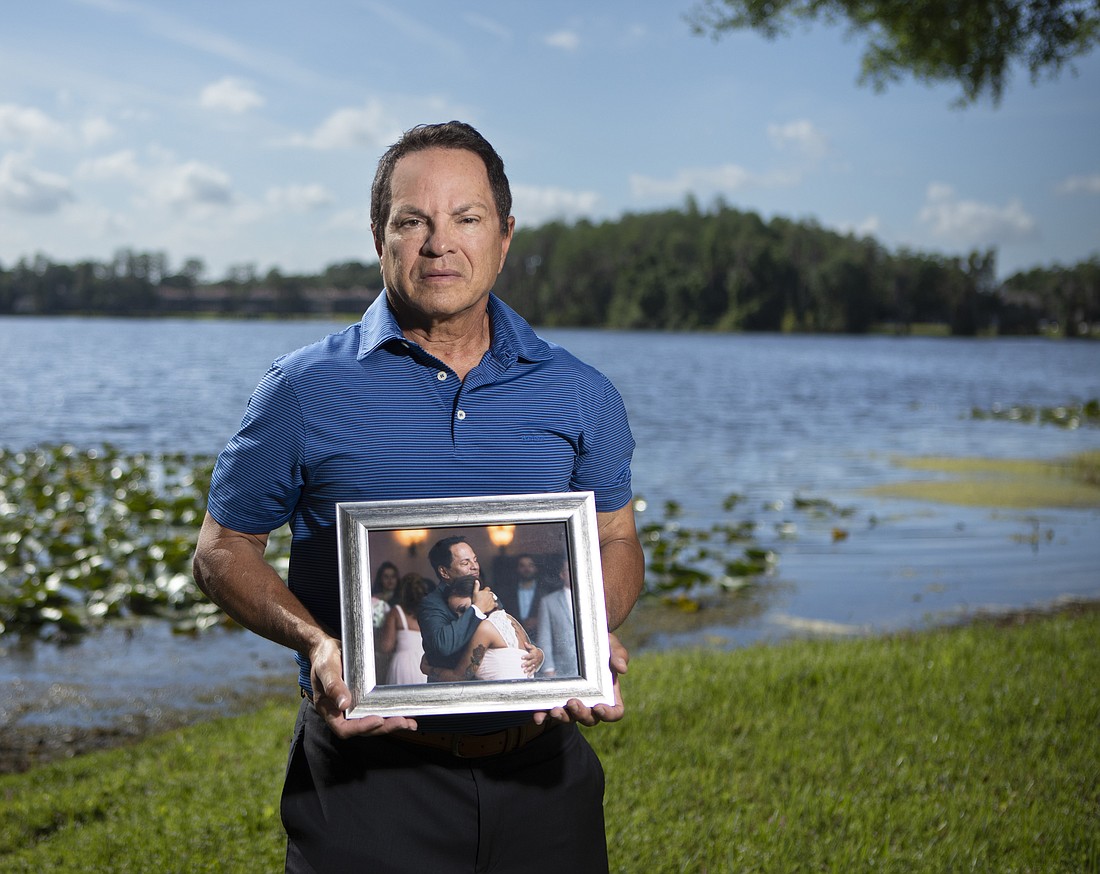- December 15, 2025
-
-
Loading

Loading

Tampa Bay area insurance industry executive and entrepreneur Michael Ortoll is a numbers guy and, as such, he knows at his current age, 64, he should be in the last act of his career. Ortoll has founded and grown companies, sold businesses, run an insurance services unit of a national bank and more in some 30 years. He’s currently a partner with BRP Group, a billion-dollar, Tampa-based, publicly traded insurance firm. Ortoll also runs a Tampa-based brokerage for Professional Employer Organizations (PEOs).
But instead of climbing one last insurance mountain, Ortoll is doing something entirely new — something even an actuarial junkie like himself couldn’t have projected 15 years ago. Ortoll is running a nonprofit with a mission dedicated to “create media content about mental health issues and substance use disorder that is both educational and inspiring, so our audience can feel empowerment to take control of their lives, find the support they need and move forward with hope.”